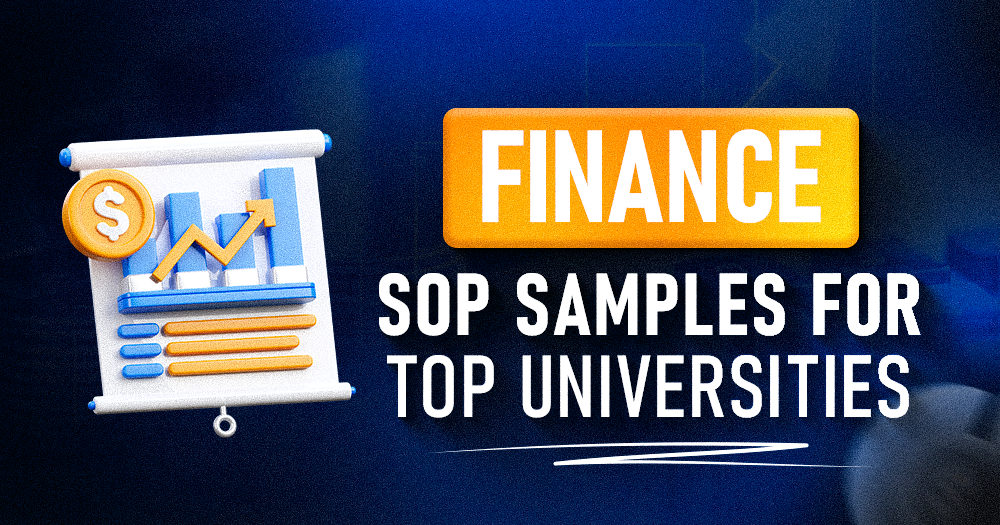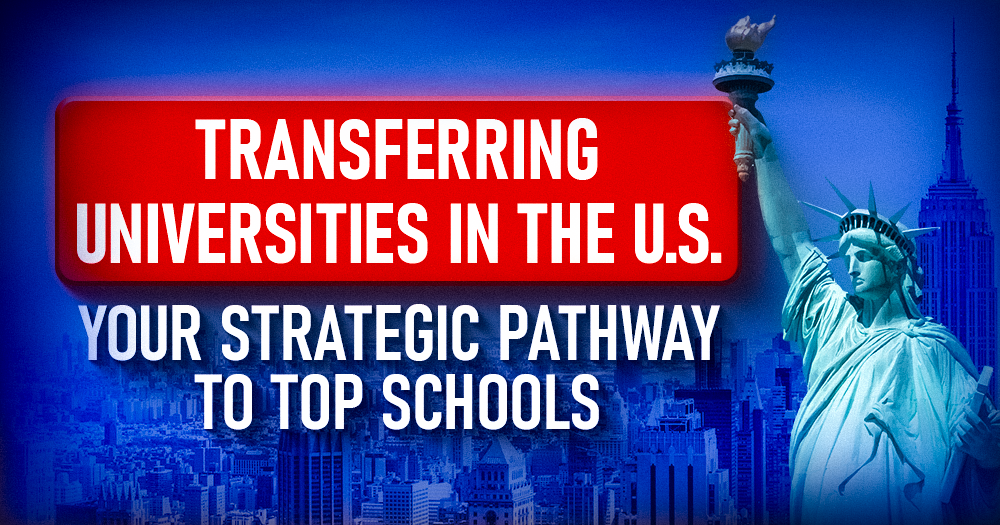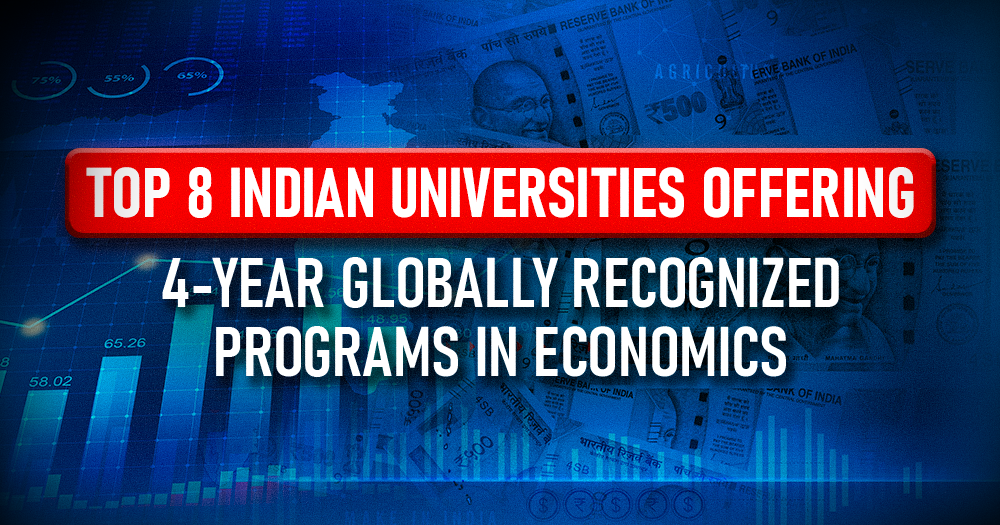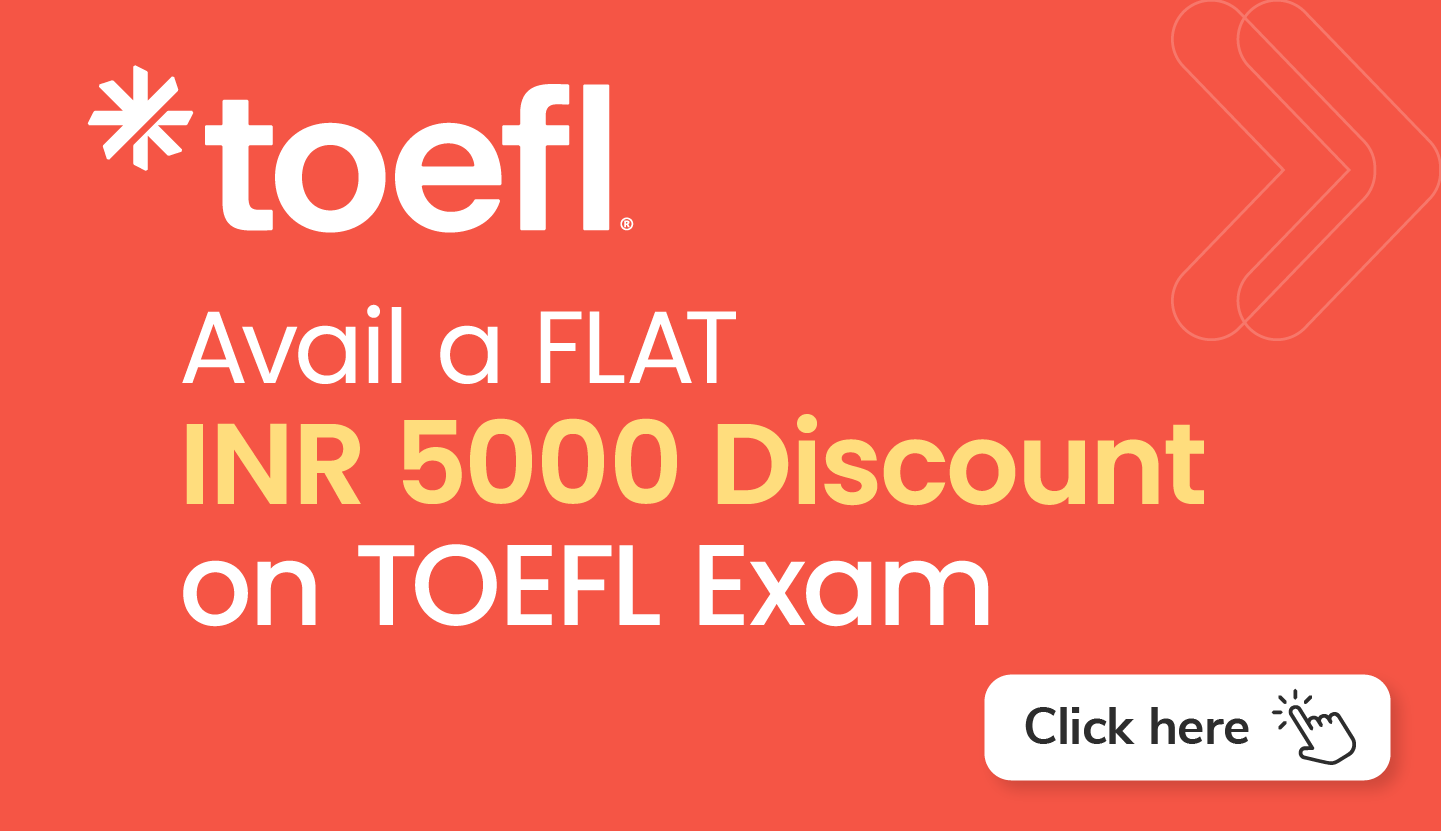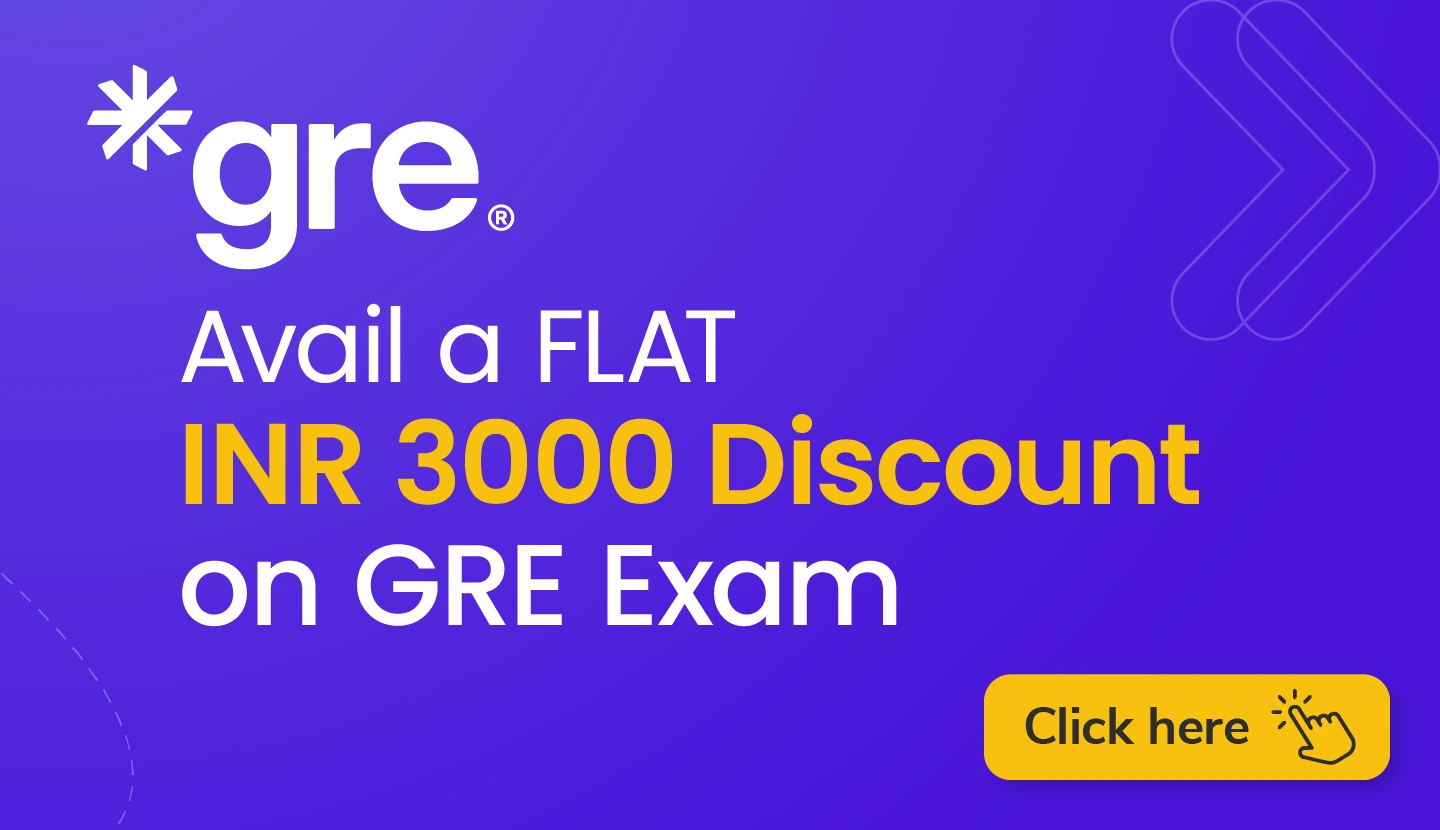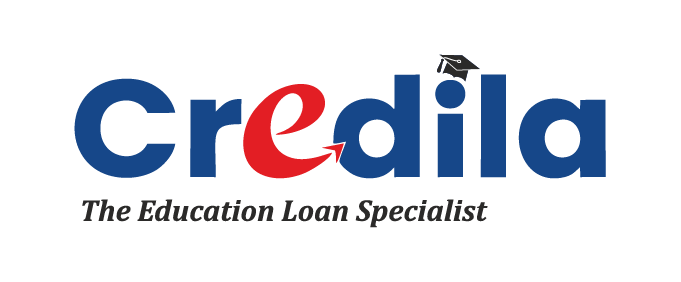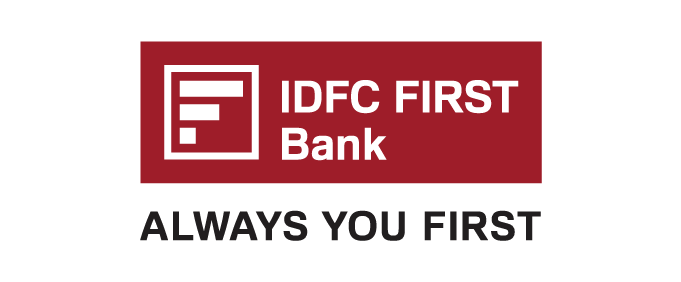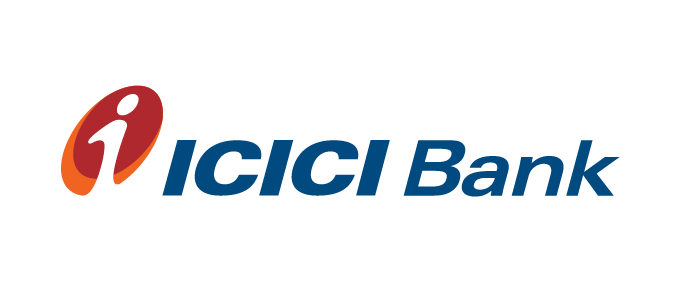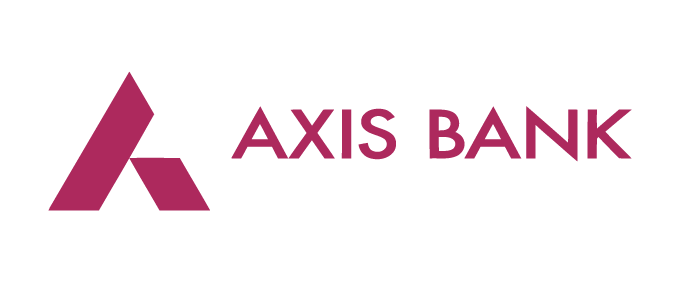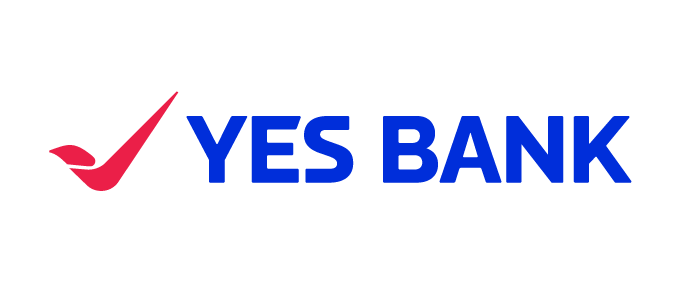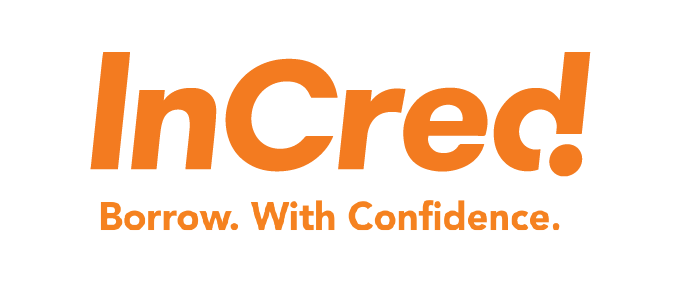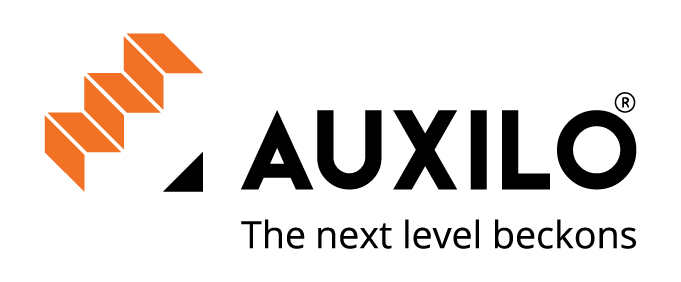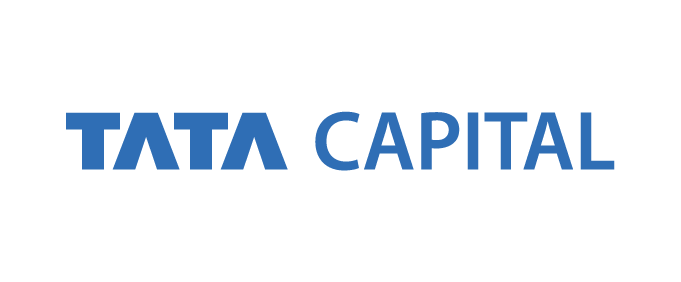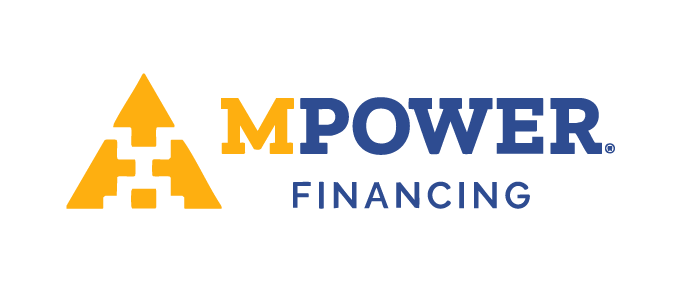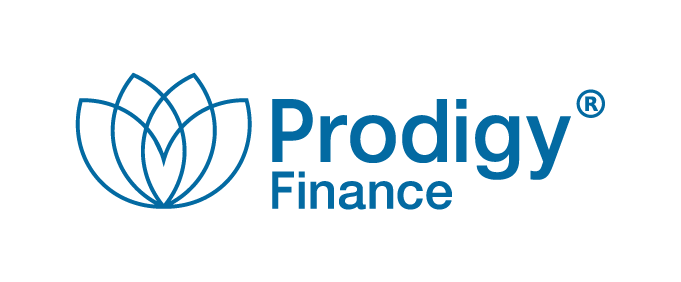Are you an aspiring finance professional dreaming of studying at prestigious universities abroad? Your Statement of Purpose (SOP) could be the deciding factor between acceptance and rejection.
According to the Graduate Management Admission Council (GMAC), applications to specialized Master’s programs in Finance increased by 45% in 2024-2025, making the competition more intense than ever before. The surge represents a significant acceleration from the 23% growth observed in 2023, reflecting the continued strong demand for specialized financial expertise in today’s evolving economic landscape.
In this comprehensive guide, we’ll walk you through the essential elements of creating a compelling Finance SOP that showcases your unique qualifications, experiences, and aspirations. We’ve included real success stories and sample SOPs from students who secured admissions to top-tier finance programs worldwide, along with expert insights to help you navigate this crucial component of your application.
Roadmap of Finance Statement of Purpose Samples Guide
- What Makes a Finance SOP Different?
- Essential Components of a Winning Finance SOP
- Sample Finance SOP #1: Columbia University MS in Finance Success Story
- Sample Finance SOP #2: Boston University MS in Quantitative Finance Success Story
- Common Mistakes to Avoid in Your Finance SOP
- Comparative Analysis: Finance SOP vs. Other Disciplines
- Tailoring Your Finance SOP for Different Program Types
- Expert Tips for Indian Students Applying to Global Finance Programs
- Common Questions About Finance SOPs
What Makes a Finance SOP Different?
The finance industry demands professionals with specific skills and mindsets. Your SOP for a Master’s in Finance needs to reflect these specialized requirements to stand out from thousands of other applicants. According to Professor Mihir Desai of Harvard Business School, “Finance programs don’t just want mathematically talented students; they want individuals who can demonstrate analytical thinking, ethical judgment, and a nuanced understanding of global markets.”
A well-crafted Finance SOP typically showcases:
- Strong quantitative abilities: Your aptitude for working with numbers, statistics, and financial models
- Analytical thinking: How you approach complex financial problems and derive meaningful insights
- Market awareness: Your understanding of financial markets, trends, and global economic factors
- Technical proficiency: Familiarity with financial tools, software, and programming languages
- Ethical considerations: Awareness of the importance of integrity in financial decision-making
- Career vision: Clear goals that align with the program’s strengths and offerings
Before diving into sample SOPs, let’s explore the key components that admission committees look for in a Finance SOP.
Essential Components of a Winning Finance SOP
A compelling Statement of Purpose for finance graduate programs serves as your intellectual and professional biography, strategically positioning you as an ideal candidate for advanced study in the field. The most effective finance SOPs seamlessly blend quantitative aptitude with genuine passion, demonstrating both technical readiness and a clear vision for your financial career path. Beyond simply listing achievements, a winning finance SOP crafts a coherent narrative that connects your past experiences with your future aspirations, while showcasing your understanding of financial markets, analytical capabilities, and the specific value you’ll bring to the program. This delicate balance of technical proficiency, personal motivation, and program alignment sets truly exceptional finance applications apart from the competition.
- A Compelling Introduction
Your introduction should immediately grab the reader’s attention while establishing your passion for finance. Many successful applicants begin with a personal anecdote, a relevant quote, or an observation about the financial world that sparked their interest. Deepak Jain, Admissions Director at London Business School, notes: “The opening paragraph of your SOP should be memorable. We read hundreds of applications, and those that begin with genuine, thoughtful stories tend to capture our attention right away.”
- Academic Background and Achievements
This section should highlight your academic journey, particularly courses and projects relevant to finance. Don’t just list your grades; explain how specific academic experiences have prepared you for advanced study in finance. For Indian students with backgrounds in engineering, commerce, economics, or mathematics, it’s crucial to connect these disciplines to finance. For example, explain how your engineering problem-solving skills transfer to financial modeling or how your commerce degree provided fundamental knowledge of accounting principles.
- Professional Experience and Internships
Detail relevant work experience in finance or related fields. For each role, focus on:
– Responsibilities that developed finance-related skills
– Challenges you overcame using analytical thinking
– Quantifiable achievements (percentages, values, improvements)
– Technical tools or methodologies you mastered
Even if your experience isn’t directly in finance, extract transferable skills. For instance, a marketing role might have honed your ability to analyze market trends and consumer behavior, which is valuable in investment analysis.
- Extracurricular Activities and Leadership
Admission committees want well-rounded individuals who can contribute to their program beyond academics. Highlight:
– Leadership positions in college clubs or professional organizations
– Volunteer work, especially if it involved financial literacy or economic development
– Participation in finance competitions, hackathons, or trading simulations
– Cultural activities that demonstrate teamwork and creativity
According to Ranjan Banerjee, former Dean of S.P. Jain Institute of Management and Research, “Students who demonstrate leadership and community engagement alongside academic excellence often become the most successful finance professionals because they understand the human dimension of financial decisions.”
- Why This Program?
This crucial section must demonstrate your thorough research about the specific program. Mention:
– Particular courses that align with your interests and goals
– Faculty members whose research resonates with your aspirations
– Unique program features (trading rooms, industry partnerships, exchange programs)
– How the program’s location provides strategic advantages (proximity to financial hubs)
Be specific and authentic. Generic statements that could apply to any finance program will weaken your application.
- Career Goals and Vision
Articulate clear, realistic short-term and long-term career goals. Explain how the program serves as a bridge between your current position and your aspirations. According to a 2023 survey by Financial Times, 82% of finance program directors ranked “clear career vision” among the top three factors in admission decisions.
Sample Finance SOP #1: Columbia University MS in Finance Success Story
Let’s look at a successful SOP that secured admission to Columbia University’s prestigious MS in Finance program:
During my childhood, my natural affinity for mathematics led me to gravitate towards the Abacus. This interest propelled me to secure the fifth position in a national competition hosted by Ideal Play Abacus, where I competed against over 400 participants. Utilizing the Abacus honed my mathematical skills, enabling me to swiftly perform calculations and accurately assess financial data with minimal errors, whether it involved cross-verifying ledger totals or conducting alternative computations. I developed a deep appreciation for scrutinizing financial data and decoding numerical patterns to effectively convey information.
The dynamic nature of the financial services sector captivates me, as it thrives in a fast-paced environment driven by technological advancements and productive exchanges among market participants. Moreover, the finance industry has produced influential philanthropists like Michael Bloomberg and Jamie Dimon, whom I greatly admire. Their achievements inspire me to forge a successful career in finance and make a meaningful impact in the field.
My passion for mathematics led me to pursue a Bachelor of Commerce during my undergraduate studies. I excelled in courses such as Business Management Accountancy and Export Marketing, ranking among the top performers in my cohort. With a comprehensive grasp of the subject’s core principles and a meticulous approach to detail, I achieved a position in the top 28 percent of candidates in both the first and second levels of the Chartered Accountancy professional examination.
One’s reputation isn’t built solely on the amount of knowledge they possess, but rather on how effectively they apply it for the betterment of society. With this principle in mind, I committed my final year group project to leveraging my financial expertise for a social cause. Employing the ‘Economic Order Quantity’ Model and the ‘Interpolation’ approach, we assisted local businesses in evaluating their return on investment to enhance their profitability. This endeavor deepened my understanding of and enthusiasm for finance.
As an initial stride towards realizing my career aspirations, I’ve embarked on my professional journey as a Senior Finance Specialist at Citi Bank. In this role, my principal duty involves evaluating the eligibility for capitalization of internally developed software. Additionally, I oversee semi-annual assessments of software impairment, collaborating with controllers across various locations, including Hong Kong, the United Kingdom, and the United States of America to identify projects for impairment based on relevant criteria. My tenure at Citi has afforded me specialized knowledge and invaluable expertise, particularly in cross-cultural communication with colleagues worldwide and contributing effectively to a team responsible for preparing one of the most significant balance sheets globally.
During my undergraduate studies, I sought to gain valuable professional exposure through an internship at PKF Sridhar and Santhanam, LLP. My initial responsibilities included aiding Maschio Gaspardo with assurance tasks, such as physically verifying assets and acquiring credibility reports from banks. This experience not only equipped me with new skills but also allowed me to immerse myself in the dynamic corporate culture alongside industry leaders. Subsequently, I engaged in assurance duties for Taj Group and Hotel President, Mumbai. This internship served as an ideal segue to my role as a junior associate at Karm & Co., where I contributed to computing taxable income for esteemed banks such as Axis Bank and IndusInd Bank.
Beyond academic pursuits, my involvement in extracurricular activities has served as a significant source of intrinsic motivation for my learning journey. Presently, I hold the role of Finance Director at the Rotaract Club of Mumbai, an initiative I played a pivotal role in establishing. Integrating my passion for humanitarian causes with my financial acumen, I contributed to securing funds amidst the pandemic while upholding principles of ethical financial management. Additionally, as a member of the Entrepreneurship cell, I’ve conducted seminars addressing topics such as money laundering and systematic payments. Moreover, I possess skills as a ‘Mridangam’ player and trained dancer, receiving personal mentorship from acclaimed choreographer Shiamak Davar. I’ve also been an active member of the Social and Dramatic Union within my college community. Looking ahead, I eagerly anticipate engaging in similarly enriching activities during my tenure in graduate school, particularly through involvement in esteemed clubs such as the Investment Banking Club.
Drawing from the insights gleaned through diverse professional experiences across various financial sectors, I aspire to further my expertise by delving into the realms of Investment Analysis and Estate Planning. Post-graduation, my objectives encompass accumulating practical wisdom in financial management and broadening my scope of understanding. With these aspirations in mind, I aim to emerge as a trailblazer in the aforementioned domains, facilitating esteemed clients and employers in optimizing their financial assets and enhancing profitability.
I firmly believe that an exceptional teacher paired with an exceptional student can make a profound impact on history. In a similar vein, ____________’s Master of Science in Finance program stands out to me as the ideal match for my professional aspirations. With its esteemed faculty and exceptional pedagogical approach, this program closely aligns with my goals. I am particularly attracted to the university’s co-op and ___________ programs, which offer outstanding avenues for launching a successful career in finance. The research conducted by Professors ___________ and ___________, particularly on the performance of female hedge fund managers, deeply resonated with me. Their work and ideologies resonate with my own beliefs, further solidifying my admiration for their contributions.
Throughout my journey, my fundamental principles have consistently propelled me towards fostering collective success over individual accolades. I am committed to upholding this ethos as I strive to make meaningful contributions to the _____________ class.
Analysis of the Columbia University MS in Finance Statement of Purpose
The Columbia University MS in Finance program attracts exceptional candidates who demonstrate both technical prowess and strategic vision in their application materials. The Statement of Purpose for this prestigious program requires a careful balance of quantitative skills, financial acumen, and clear career direction that aligns with Columbia’s rigorous curriculum and Wall Street connections. This analysis examines a sample SOP submitted to Columbia’s MS in Finance program, highlighting the elements that contribute to its effectiveness while identifying opportunities for refinement. By understanding the strengths and weaknesses of this application document, prospective students can craft more compelling narratives that showcase their readiness for Columbia’s demanding finance program and their potential to thrive in the competitive financial services industry.
- Strong Personal Narrative
The SOP establishes a compelling personal connection to finance through the childhood Abacus story. This origin story is effective because it:
- Creates an authentic and distinctive opening that stands out
- Demonstrates early aptitude and recognition (5th place in national competition)
- Connects directly to relevant skills for finance (calculations, pattern recognition)
- Establishes long-term interest rather than a recent career pivot
- Clear Professional Progression
The document shows a deliberate career path with increasing responsibility:
- Internship experience at PKF Sridhar and Santhanam (assurance tasks)
- Junior associate role at Karm & Co. (tax computation for banks)
- Current position as Senior Finance Specialist at Citi Bank (software capitalization)
This progression demonstrates commitment to the field and readiness for advanced study.
- International Perspective
The applicant highlights experience working with teams across multiple countries (Hong Kong, UK, USA) which is valuable for:
- Columbia’s diverse student body
- The global nature of finance
- Showing adaptability and cross-cultural communication skills
- Balance of Technical and Soft Skills
The SOP effectively showcases both:
- Technical finance knowledge (Chartered Accountancy exams, Economic Order Quantity model)
- Leadership abilities (Finance Director role at Rotaract Club of Mumbai)
- Communication skills (conducting seminars on complex topics)
- Well-Rounded Character
The inclusion of artistic pursuits (Mridangam player, trained dancer) adds dimensionality to the applicant’s profile, making them more memorable and showing they can bring diverse perspectives to the Columbia community.
Students often underestimate the importance of providing complete academic records when applying for study abroad loans. For those with gap years in their education, include a detailed explanation letter in your education loan document checklist. According to education financing experts, properly documented gap years don’t negatively impact loan approval if explained coherently. Similarly, scholarship award letters should be included to demonstrate reduced financial burden and improve your loan terms.
Sample Finance SOP #2: Boston University MS in Quantitative Finance Success Story
This is an example of a student who secured a place in the Master of Science in Quantitative Finance from Boston University.
As an enthusiastic reader primarily immersed in fiction novels, it was Robert Kiyosaki’s bestselling book, “Rich Dad Poor Dad,” that not only offered me a fresh outlook on life but also steered me towards my career trajectory. Delving into its pages, my fascination with finance and investments surged, complementing my inherent attraction to numbers, formulas, and the pursuit of innovative problem-solving in mathematics. This naturally led me to closely monitor the stock markets, spurred by a curiosity about their dynamics amidst sharp fluctuations.
As I avidly consumed news articles to decipher the underlying reasons behind every significant market movement, my passion for pursuing a career in equity investment only deepened. Driven by a desire to enrich my understanding of finance and acquire formal training in leveraging statistical and quantitative methodologies for adept equity trading, I am eager to pursue a Master’s in Finance.
In the future, my aim is to join prominent organizations in the banking, financial, and fintech sectors, where I can serve as a Portfolio Manager, Financial Analyst, or Risk Manager. Utilizing quantitative and technical analysis, I aspire to assess the financial positions of diverse entities, facilitating investment strategies through technology-driven approaches. Following a period of valuable experience accumulation, my ultimate goal is to partner with individuals who share my vision and establish a financial consultancy firm. Through this venture, I aspire to assist clients in constructing robust portfolios to optimize wealth generation.
My academic background has equipped me with a robust groundwork to excel in my postgraduate studies. Courses like Engineering Mathematics I and II immersed me in the intricate realms of Calculus, Differential Equations, and Multiple Integration. Programming languages like C, C++, and Python honed my logical reasoning, problem-solving, and programming skills.
Subsequently, Engineering Mathematics III and IV delved into topics like probability, statistical techniques, and sampling theory, which are crucial for analysis and forecasting. As a determined learner, I consistently achieved commendable grades, earning recognition for my commitment to academic excellence when I was honored with the Best Academic Performer award during my second year of engineering.
In order to deepen my comprehension of the technical and quantitative approaches employed in equity trading, I enrolled in an NCFM course focusing on technical analysis. This course provided me with detailed insights into candlestick patterns and essential technical indicators, such as the relative strength index and moving average crossovers. It also introduced me to the foundational principles of Elliot Wave Theory and Dow Theory.
Expanding my exploration into Financial Engineering, I pursued additional online course,s including Portfolio and Risk Management and Credit Derivative. These courses elucidated how covariance, correlation, and probability are leveraged to diversify portfolios and effectively manage risk.
Motivated by my passion for finance and eager to broaden my expertise, I embarked on an internship journey with Madhuban Finvest, a financial planning and advisory firm specializing in managing personal finances with a primary focus on mutual funds. Collaborating with the investment research team, I conducted comprehensive analyses of mutual funds and portfolios utilizing a diverse range of qualitative and quantitative metrics.
In addition to traditional quantitative measures encompassing various ratios, my evaluation extended to combined sector and stock weight across different portfolio funds, as well as detailed fact sheet analysis. A significant aspect of my role involved closely monitoring government securities and bond yields to identify potential opportunities within debt markets. This entailed analyzing trends in Indian bond yields alongside global counterparts and making duration calls as deemed appropriate.
During my tenure, I contributed to enhancing the Mutual Fund screener by incorporating additional quantitative parameters. Through this internship, I gained invaluable practical experience and acquired in-depth insights into the intricacies of the Mutual Fund sector.
In addition to honing my skills in mathematics, coding, and finance, I’ve actively engaged in a variety of extracurricular pursuits. As a member of the SPCE racing team, I took on the pivotal role of designing the accumulator, a crucial component of an electric vehicle. This encompassed a spectrum of tasks, from selecting the most suitable cells to ensuring their efficiency and cost-effectiveness. It involved determining the optimal cell configuration to maximize power output while minimizing the number of cells used, followed by comprehensive simulation and module development for the accumulator, culminating in its implementation.
I also participated in Formula Bharat 2021, collaborating with my team to present innovative ideas for electric vehicle construction. Furthermore, I contributed to the VJTI robotics challenge, where our team engineered a manual bot for diverse competition tasks, alongside an autonomous line follower bot based on Arduino programming, a project in which I played a significant role.
During my first year of engineering, I was actively involved in the Arts and Decoration club, where I contributed to painting and decoration efforts for our college’s technical fest. These engagements have significantly sharpened my creative aptitude, fostered teamwork, and refined my problem-solving abilities.
At this stage of my career, the opportunity to pursue a Master’s in Finance at the __________, presents an ideal platform for expanding my knowledge and achieving my professional goals. The comprehensive curriculum offered by ___________, which includes courses like ___________ and __________, strongly aligns with my interests. I am particularly eager to explore __________ as one of the elective subjects.
I am inspired by the research conducted by Professor ____________, particularly his analysis of _____________, which examines the ____________. Additionally, his work on ______________ captivates my interest, and I am enthusiastic about attending his classes. Similarly, I am impressed by Professor ___________’s publication on the ___________, and I am eager to learn under his guidance.
Furthermore, I am excited about the prospect of engaging with a diverse group of students and participating in various student organizations on campus, which will undoubtedly enrich my learning experience.
I believe that my determination, relentless dedication, and strong analytical skills will enable me to meet the challenges of graduate school head-on. Given the opportunity, I am committed to striving for excellence in all aspects of my academic pursuits, surpassing the high standards expected of incoming students. I sincerely hope for a positive response to my application for the Master’s program.
Analysis of the Statement of Purpose (SOP) for an MS in Quantitative Finance application to Boston University.
This analysis examines a Statement of Purpose submitted for Boston University’s MS in Quantitative Finance program, evaluating its effectiveness in positioning the candidate for admission to this competitive program. The SOP reveals a candidate with a technical engineering background seeking to transition into quantitative finance, sparked by personal interest and reinforced through relevant coursework and internship experience. Through a detailed assessment of its strengths and weaknesses, this analysis identifies how the applicant establishes their quantitative credentials, demonstrates financial knowledge, articulates career goals, and connects with Boston University’s specific program offerings. The evaluation provides insights into how effectively the SOP balances technical aptitude with personal narrative while highlighting areas where greater specificity or stronger connections could enhance its overall impact on the admissions committee.
- Clear narrative structure: The SOP follows a logical flow from initial inspiration to academic background, professional experience, and future goals.
- Specific motivation: The applicant effectively describes how reading “Rich Dad Poor Dad” sparked their interest in finance, creating a personal connection to the field.
- Relevant experience: The internship at Madhuban Finvest demonstrates practical experience in financial analysis, particularly with mutual funds and quantitative metrics.
- Technical background: The applicant highlights relevant coursework in mathematics, statistics, and programming languages that are valuable for quantitative finance.
- Extra-curricular involvement: The SOP mentions diverse activities like the SPCE racing team and robotics challenges, showing well-roundedness and teamwork skills.
Real-life Case Studies of Study Abroad Aspirants
The following case studies showcase four distinct applicant profiles who successfully navigated this challenge, each employing unique strategies that resonated with admissions committees at the world’s top finance programs. By examining their approaches—from career switchers to impact-focused candidates—we reveal the essential elements that transform a standard application into an irresistible proposition. Whether you’re pivoting from another field or deepening existing expertise, these real-world examples offer valuable insights to craft your own path to admission success.
Case Study 1: The Career Switcher – From Engineering to Financial Analysis
Background: Raj, a software engineer with 4 years of experience at a tech firm, decided to pursue an MSc in Finance to transition into quantitative finance.
SOP Excerpt: “While developing trading algorithms at TechSolutions, I discovered my passion lay not in coding itself, but in understanding the financial models that powered these systems. This revelation led me to take finance courses on weekends and complete the CFA Level I exam. Through these experiences, I recognized that my analytical engineering mindset combined with formal financial education would position me to excel in quantitative strategy roles.”
Key Strategies:
- Connected technical background to finance goals
- Demonstrated commitment through self-study and professional certifications
- Articulated a clear career trajectory (quant finance)
- Showed how previous experience provides a unique perspective
Outcome: Accepted to London Business School, HEC Paris, and Frankfurt School of Finance with a partial scholarship from the latter.
Case Study 2: The Impact-Focused Candidate
Background: Saumya, an economics graduate with two years at a commercial bank, aimed to specialize in sustainable finance.
SOP Excerpt: “Working on loan assessments for regional businesses exposed me to a critical gap: traditional financing models often overlook long-term environmental impacts. After leading our branch’s first green lending initiative, which reduced default rates by 12% while supporting environmentally responsible businesses, I’m convinced sustainable finance represents both ethical responsibility and sound business strategy. At [Program Name], I plan to develop frameworks that help financial institutions balance profit with planetary considerations.”
Key Strategies:
- Used concrete metrics to demonstrate impact
- Connected personal values with practical financial outcomes
- Identified a specific niche within finance
- Outlined how the program would help develop solutions to a defined problem
Outcome: Accepted to INSEAD, Oxford Saïd, and Bocconi, with a full sustainability scholarship from Oxford.
Case Study 3: The Emerging Market Specialist
Background: Karan, a financial analyst from Colombia with experience in his country’s central bank.
SOP Excerpt: “Having witnessed firsthand how currency volatility impacts developing economies like Colombia’s, I’ve developed a deep interest in international financial stability mechanisms. During the 2023 regional market correction, I contributed to our emergency response team, helping implement policies that prevented capital flight. This experience solidified my desire to specialize in emerging market dynamics at [Program Name], where I can learn from global experts while bringing perspectives from Latin American markets that are often underrepresented in financial theory.”
Key Strategies:
- Leveraged unique geographic expertise
- Connected personal experience to broader financial concepts
- Demonstrated practical knowledge of financial systems
- Positioned himself as both a learner and contributor to the program
Outcome: Accepted to MIT Sloan, Imperial College, and Singapore Management University with significant scholarships from the latter two.
Case Study 4: The Fintech Innovator
Background: Aisha, a business analyst at a payment processing company with an undergraduate degree in business.
SOP Excerpt: “The fragmentation of financial services has left millions underserved. At PayGate, I’ve helped develop inclusive payment solutions that reached 50,000 previously unbanked customers. However, I’ve encountered knowledge gaps when modeling complex financial risks associated with new technologies. [Program Name]’s specialized courses in financial innovation and risk modeling would enable me to bridge theory and practice as I work toward my goal of launching a fintech solution for small businesses in emerging markets.”
Key Strategies:
- Identified specific skills gap that the program would address
- Demonstrated entrepreneurial thinking
- Connected personal achievements to broader industry trends
- Presented clear application of program learning to future goals
Outcome: Accepted to NYU Stern, Hong Kong UST, and ESADE, with a fintech innovation fellowship from NYU.
Each of these case studies shows a different approach to crafting a compelling finance statement of purpose, highlighting how successful applicants connect their unique backgrounds to clear goals while demonstrating fit with their target programs.
Common Mistakes to Avoid in Your Finance SOP
Based on feedback from admission committees across top finance programs, here are critical pitfalls to avoid while drafting an SOP for Finance programs:
- Overemphasizing Technical Skills Without Context
While quantitative skills are crucial for finance programs, merely listing technical abilities without showing their application is ineffective.
Do This Instead: Describe situations where you applied these skills to solve real problems. For example, “I utilized regression analysis to predict commodity price movements during my internship, leading to a trading strategy that outperformed market benchmarks by 3.2%.”
- Generic Program References
Many applicants make vague statements about program excellence without specific details.
Do This Instead: Research distinctive aspects of each program and connect them to your goals. For instance, “NYU Stern’s Trading Floor offers exactly the kind of Bloomberg Terminal experience I need to develop my algorithmic trading skills, particularly after my preliminary work with market microstructure.”
- Unrealistic Career Goals
Admission committees are wary of candidates with grandiose but vague ambitions.
Do This Instead : Present a logical career progression with realistic milestones. For example, rather than stating “I want to revolutionize investment banking,” say “I aim to begin as a financial analyst, develop expertise in merger valuations, and advance to an associate position within three years.”
- Ignoring Ethical Dimensions
Post-2008 financial crisis, programs increasingly value ethical awareness in finance professionals.
Do This Instead: Briefly address your understanding of ethical responsibilities in finance. For example, “My experience analyzing compliance protocols at XYZ Bank deepened my appreciation for transparent financial practices that protect both institutions and their clients.”
Comparative Analysis: Finance SOP vs. Other Disciplines
Statements of Purpose across academic disciplines share fundamental elements of personal narrative and professional aspiration, yet each field demands distinct emphases that reflect its unique professional landscape. Finance SOPs distinguish themselves through their particular blend of quantitative rigor, market awareness, and specialized career trajectories that differ markedly from engineering or business administration applications. While engineering SOPs highlight technical innovation and research contributions and MBA applications showcase leadership and organizational impact, finance SOPs must demonstrate sophisticated mathematical abilities alongside a nuanced understanding of financial markets and instruments. This comparative analysis explores how successful finance applications differ from those in adjacent fields, examining the specialized elements that make finance SOPs effective in communicating a candidate’s readiness for advanced study in quantitative methods, financial theory, and practical market applications.
Element | Finance SOP | Engineering SOP | MBA SOP |
Quantitative Focus | Heavy emphasis on statistical and mathematical abilities | Focus on technical problem-solving | Balance of quantitative and leadership skills |
Industry Knowledge | Detailed understanding of financial markets and instruments | Knowledge of engineering systems and technologies | Broad business acumen across multiple industries |
Career Trajectory | Often specialized (e.g., investment banking, risk management) | Technical specialization within engineering discipline | General management with industry preference |
Key Differentiators | Financial modeling skills, market analysis | Technical innovations, research contributions | Leadership experiences, organizational impact |
Program Specificity | References to trading rooms, finance labs, faculty research | Research labs, technical facilities, engineering projects | Case method, industry connections, network opportunities |
Tailoring Your Finance SOP for Different Program Types
The landscape of graduate finance education encompasses a diverse spectrum of programs, each with distinct emphases and expectations for incoming students. Creating an effective Statement of Purpose requires recognizing these nuances and strategically aligning your narrative to the specific program type. Quantitative finance programs prioritize mathematical prowess and computational skills, while financial management tracks value strategic thinking and industry knowledge. Similarly, financial engineering programs seek candidates with strong technical foundations, whereas financial economics programs expect theoretical understanding and research potential. A successful finance SOP demonstrates awareness of these programmatic differences by highlighting relevant experiences, technical competencies, and career aspirations that resonate with each program’s unique focus. This tailored approach—adjusting the balance between technical skills, market knowledge, research interests, and career goals—significantly enhances your application’s relevance and impact across the varied terrain of graduate finance education.
For Quantitative Finance Programs
Programs like MIT’s Master of Finance or Princeton’s Master in Finance emphasize mathematical modeling and computational methods. Your SOP should highlight:
– Advanced mathematics coursework (stochastic calculus, partial differential equations)
– Programming skills (Python, R, C++)
– Experience with financial modeling
– Research interests in areas like option pricing or algorithmic trading
For Financial Management Programs
Programs focusing on financial management and corporate finance, like INSEAD’s Master in Finance, value:
– Understanding of accounting principles
– Corporate valuation experience
– Strategic financial decision-making
– Leadership and communication skills
For Investment-Focused Programs
Programs specializing in investment management, such as London Business School’s Masters in Financial Analysis, prioritize:
– Investment analysis experience
– Understanding of different asset classes
– Knowledge of portfolio theory
– Interest in areas like ESG investing or alternative investments
Expert Tips for Indian Students Applying to Global Finance Programs
Indian applicants face unique challenges and opportunities when applying to international finance programs. Here are specialized tips based on interviews with successful Indian applicants and admission consultants:
- Contextualize Your Indian Experiences
Explain the significance of your achievements within the Indian context. For example, mention the competitiveness of entrance exams or the significance of your percentile ranking in nationwide tests.
Ritu Banga, co-founder of Zoomdojo and former admissions committee member, advises: “Many international admissions officers aren’t familiar with the rigor of Indian academic systems. Briefly explaining that you ranked in the top 5% among 200,000 test-takers provides crucial context.”
- Address Potential Experience Gaps
If you’re applying directly after undergraduate studies with limited professional experience (common among Indian applicants), emphasize:
– Relevant internships, even if short-term
– Projects that demonstrate applied financial knowledge
– Leadership in college finance clubs or competitions
– Self-directed learning through certifications or online courses
- Highlight Unique Perspectives
Demonstrate how your background in India provides valuable perspective for global finance discussions.
For example: “Having witnessed India’s demonetization in 2016, I gained firsthand insight into how monetary policy decisions impact everyday commerce and banking behavior—an experience that shaped my interest in central banking policies.”
- Address English Proficiency Naturally
Let your SOP’s quality demonstrate your English proficiency rather than explicitly mentioning it. Use sophisticated financial terminology appropriately while maintaining clarity and avoiding unnecessarily complex language.
Conclusion
Your Statement of Purpose represents a critical investment in your finance career. Like any good investment, it requires research, planning, and careful execution. The examples and strategies we’ve shared demonstrate that successful finance SOPs combine authentic personal narrative with clear demonstration of finance aptitude and specific program fit.
Remember that your SOP is not just about getting admitted—it’s about setting the foundation for your finance journey. By articulating your goals and vision clearly now, you’re creating a roadmap for your professional development that will guide you through your program and beyond.
As finance visionary Warren Buffett famously said, “Someone’s sitting in the shade today because someone planted a tree a long time ago.” Your carefully crafted SOP is that tree—a thoughtful investment that will bear fruit throughout your career.
Take Your Finance Application to the Next Level with Collegepond Counsellors
Crafting a compelling Statement of Purpose (SOP) for finance programs is an art form that demands extraordinary precision—a delicate balance between technical expertise and authentic personal narrative. In the highly competitive landscape of global finance education, your SOP is more than just a document; it’s your strategic passport to elite institutions.
Why Precision Matters in Finance SOPs
At Collegepond, we understand that finance applications require a nuanced approach that goes beyond mere academic credentials. Our expertise spans the intricate world of specialized finance tracks, including:
- Quantitative Finance: Highlighting advanced analytical capabilities and mathematical prowess
- Financial Engineering: Showcasing technical skills and innovative problem-solving approaches
- Specialized Financial Programs: Tailoring narratives to specific institutional expectations
Our Proven Expertise
With a track record of guiding hundreds of Indian students to acceptances at world-renowned institutions like Harvard, LSE, and Columbia University, we bring unparalleled insights to your application journey. Our approach is distinguished by:
- Specialized Content Expertise: A team of exceptional writers with deep knowledge of finance terminology, academic requirements, and industry expectations
- Narrative Translation: Transforming complex quantitative achievements into compelling, engaging stories
- Strategic Positioning: Crafting narratives that not only tell your story but strategically position you for success
The Collegepond Difference
Our writing professionals excel at:
- Articulating your quantitative strengths with precision and impact
- Demonstrating your financial knowledge through carefully crafted language
- Presenting a clear and compelling career vision that resonates with admissions committees
Comprehensive Support Beyond Writing
As India’s premier education consultancy with over 20,000 successful placements, we offer end-to-end support:
- Identifying ideal programs that align with your career aspirations
- Refining technical details to showcase your unique qualifications
- Ensuring your application stands out in a competitive global landscape
Your Journey, Our Commitment
We don’t just help you write a statement of purpose—we partner with you to create a powerful narrative that authentically communicates your finance aspirations while meeting the specific expectations of your target programs.
Ready to transform your finance application? Partner with Collegepond and turn your global education dreams into reality.
Common Questions About Finance SOPs
Most programs expect 750-1000 words (approximately 1-2 pages single-spaced). Some programs specify word or page limits, so always check specific requirements. Quality matters more than length—every sentence should serve a purpose.
Generally, no. Your scores will appear elsewhere in your application. However, if you have an exceptional quantitative score that demonstrates your aptitude for finance, you might briefly mention it as evidence of your quantitative abilities.
Frame your previous experience as providing valuable transferable skills and perspective. Explain your motivation for the change, concrete steps you've taken to develop finance knowledge (courses, certifications, reading), and how the master's program is the logical next step in your transition.
Yes, if relevant to your goals. Mentioning plans to pursue the CFA charter or other respected finance certifications shows commitment to the field and awareness of industry standards. If you've already completed any levels, definitely highlight this achievement.
Strike a balance between demonstrating technical knowledge and remaining accessible. Use financial terminology appropriately, but avoid jargon that obscures your message. The goal is to show that you understand the field without alienating readers who may come from diverse backgrounds within finance.
Address weaknesses proactively but briefly. For example, if your undergraduate grades were affected by circumstances, explain concisely and focus on subsequent achievements. Never apologize or draw excessive attention to weaknesses.
Absolutely. At minimum, research each program thoroughly and customize the "Why This Program" section. Ideally, the entire SOP should reflect awareness of each program's unique strengths and culture.
According to a 2023 survey by QS World University Rankings, SOPs rank as the third most important factor in specialized master's admissions decisions, after academic performance and test scores. For finance programs specifically, the SOP often carries greater weight because it demonstrates career focus and program fit.
Disclaimer
The sample Statements of Purpose (SOPs) provided in this article are for educational and reference purposes only. Each applicant must develop their own authentic Statement of Purpose reflecting their unique experiences, qualifications, and aspirations. The examples shared are meant to illustrate effective writing strategies and should not be copied, reproduced, or submitted as your own work. All statistics, success stories, and case studies mentioned are based on historical data and individual experiences. Results vary significantly based on each applicant’s unique profile, qualifications, application timing, and the changing admissions landscape at target institutions. While we strive to provide accurate information regarding admissions processes and requirements, these may change without notice. Prospective students should always verify current requirements directly with their target institutions. Collegepond does not guarantee admission to any institution, as admissions decisions depend on numerous factors beyond the Statement of Purpose, including academic performance, test scores, work experience, extracurricular activities, and institutional priorities that may shift from year to year. The strategies and approaches suggested in this article represent general guidance and should be adapted to align with your individual circumstances and goals. For personalized advice, we recommend consulting with qualified education counselors. © 2025 Collegepond. All rights reserved. Unauthorized reproduction or distribution of this content is prohibited.

